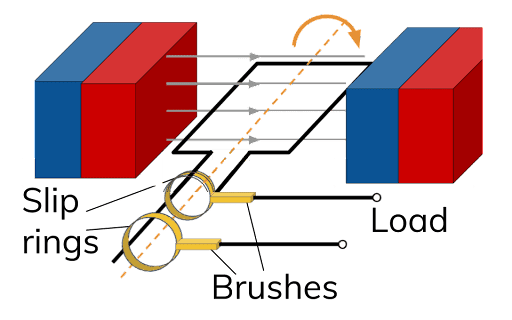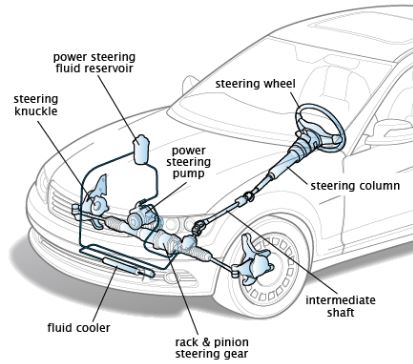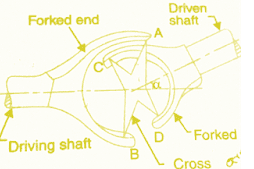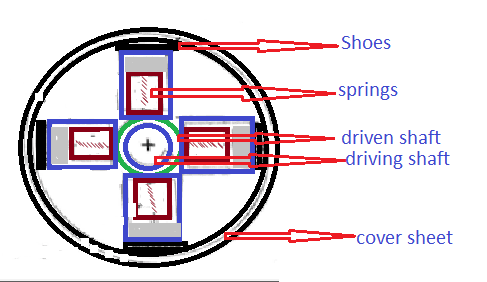Difference between AC and DC Generators
The Main Difference between AC & DC Generators are as follows:
- AC and DC generator is used to produce electricity by converting mechanical energy into electrical energy.
DC Generator:
- It converts the mechanical energy into electrical energy which is Direct current.
AC Generator:
- AC Generator converts mechanical energy into electrical energy which is a alternating current.
- You can switch AC generators with DC generators or vice versa, depending on what you want to do with the power that they produce. It converts the mechanical energy into electrical energy, which can be converted back to electrical again.
AC Generator
Difference between AC and DC Generator:
- In DC Generator current flow is only in a single direction but in AC Generator it can be reversed in direction.
- AC Generators are more reliable than DC Generators.
- An AC generator converts energy from a primary source into alternating current. This is also known as the direct current generator. It works by converting mechanical energy into electrical energy in a transformer. The output of this device is the voltage that is used to power electrical devices and electronic appliances.
- DC generators work in reverse, they convert DC voltage to AC voltage using another transformer. The only difference between these two types of generators is that they are used for different purposes.
- An example of a DC generator would be solar panels while an example of an AC generator would be an electric heater or air conditioner.
- AC Generator is more expensive than DC Generator.
- AC Generators do not contain commutators. But DC Generators contains commutators.
- AC Generators required less maintenance than DC Generators.
- AC Generator brushers are more efficient than DC Generator brushers.



